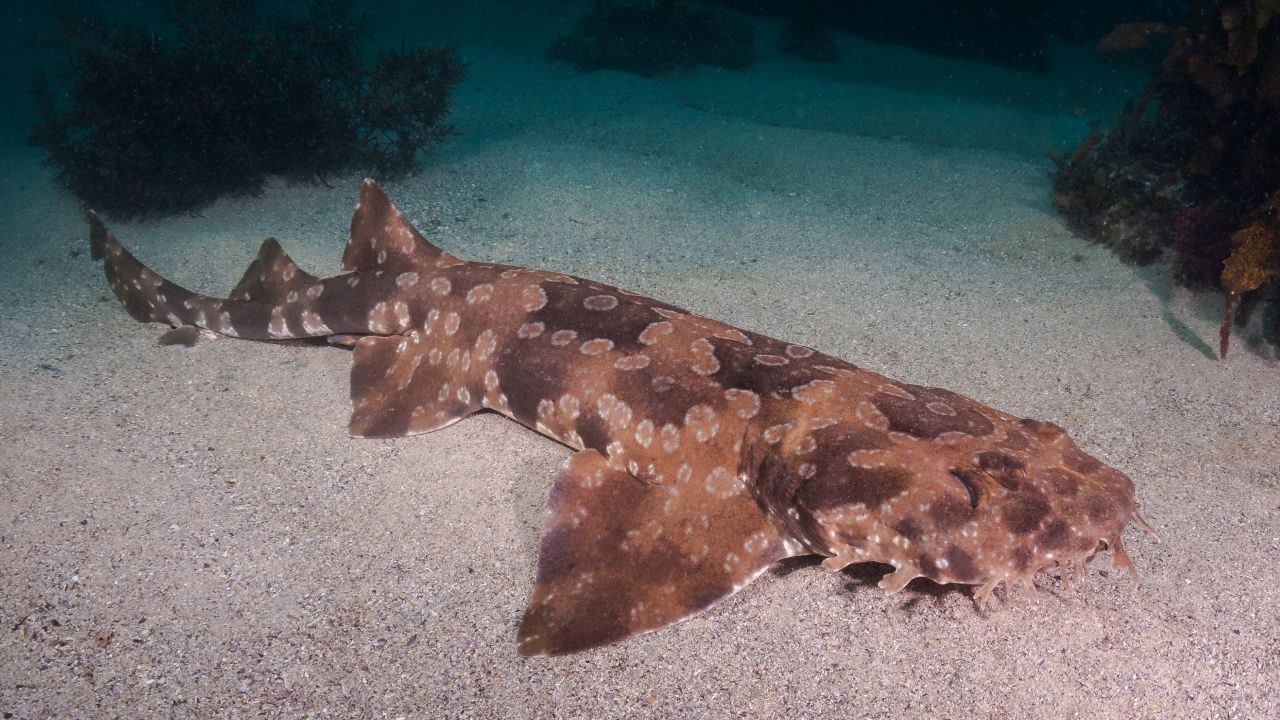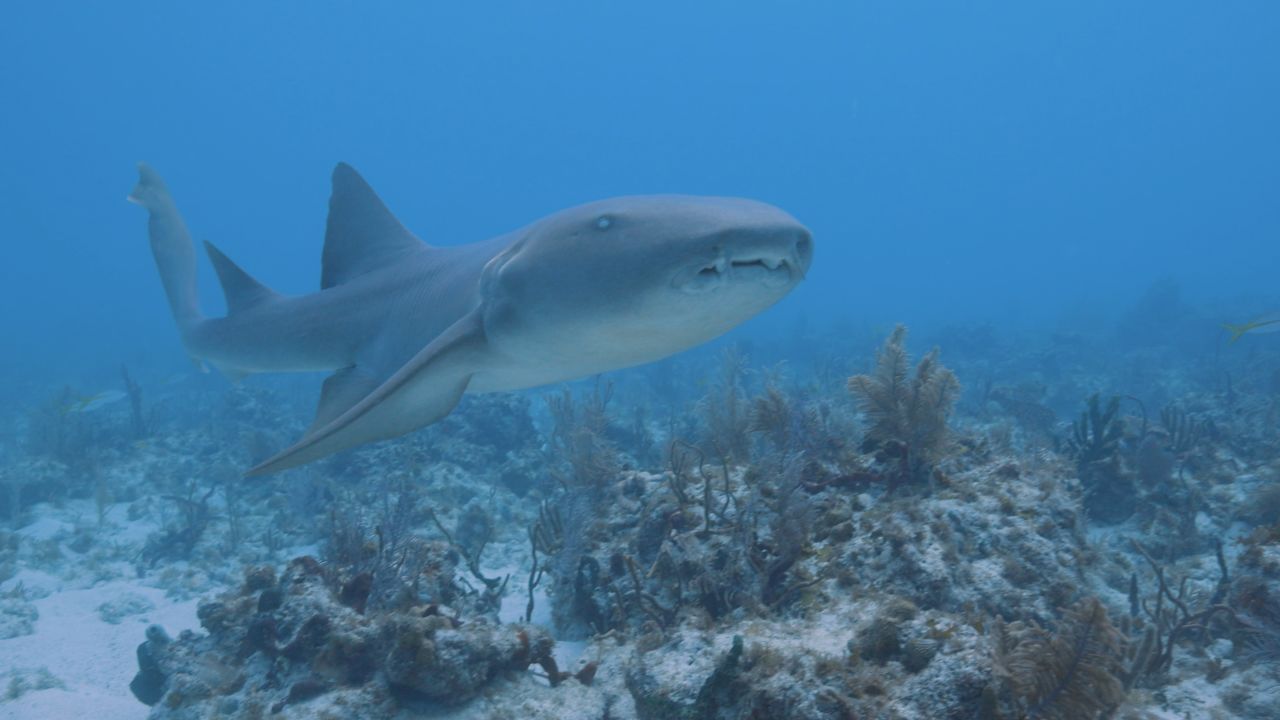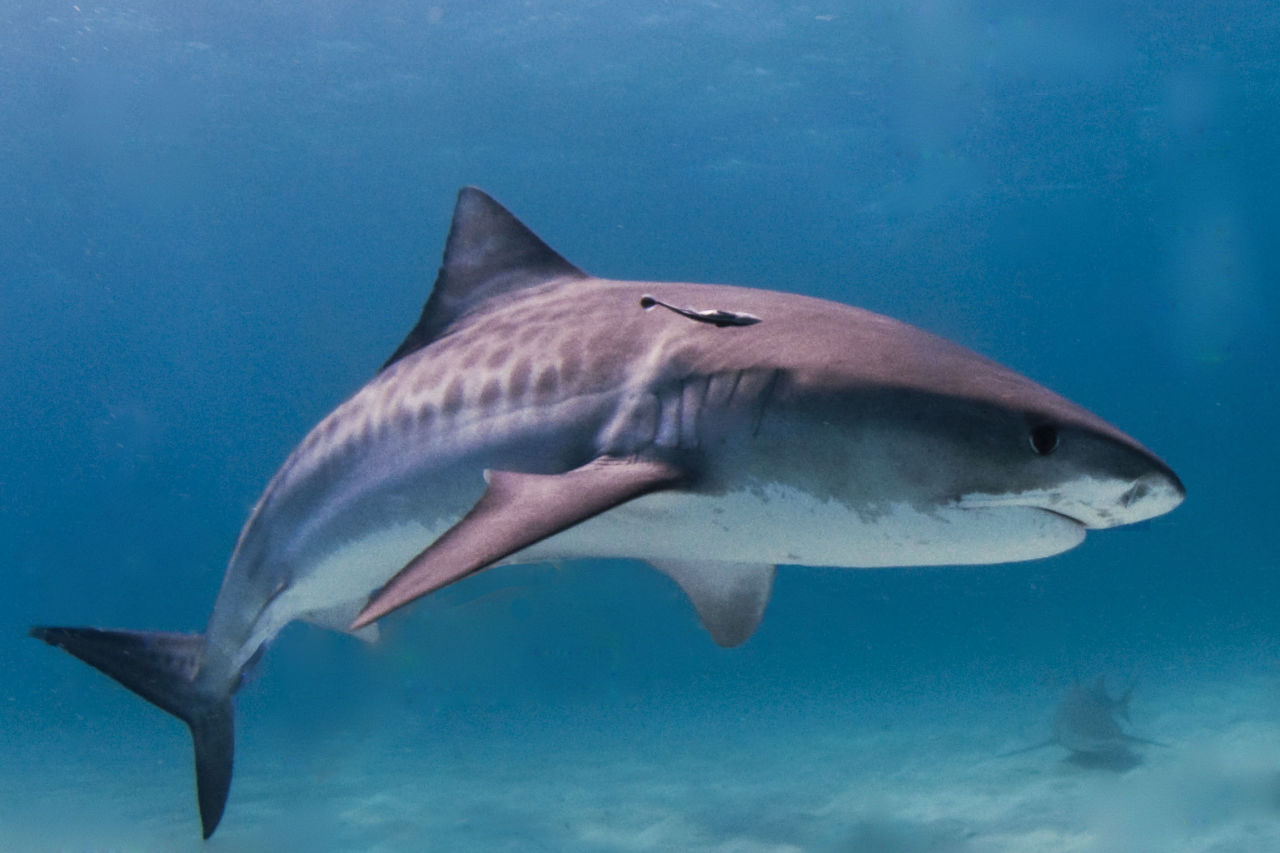Within our Reef ecosystem, there is a group of creatures that hold a pivotal role: sharks. They are also some of the most misunderstood creatures in our oceans.
Beyond the fearsome reputation developed from their Hollywood Jaws infamy, sharks are evolutionary wonders and remarkable ecosystem engineers. These ocean predators are also incredibly diverse and they have evolved into roughly 500 species that come in all different sizes and colours and have varying diets and behaviour.
Why are sharks important?
Sharks indirectly support the health of coral reefs and other habitats by regulating the populations of fish, preventing overgrazing and maintaining the delicate balance of fragile reef ecosystems.
The absence of these apex predators would disrupt the delicate ecological harmony, leading to imbalances, loss of biodiversity, and cascading consequences throughout the food web.
From the gentle giants to the sleek and powerful predators, we've uncovered eight of our favourite shark species that have captured our hearts and imaginations.
1. Whale shark
Despite its name, the whale shark is in fact a fish and the largest one in the ocean. Whale sharks are filter feeders. By snacking primarily on plankton and other small organisms, they help control the populations and thereby contributing to the health and stability of marine ecosystems. Their beauty, sheer size and docile nature makes swimming with them a popular and unique experience.
2. Hammerhead shark
The hammerhead shark is a creature of unparalleled elegance and mystery. Its unique head shape sets it apart so that those remarkable eyes positioned on the outer edges give the hammer head an unparalleled field of vision. With its streamlined body, powerful fins and sharp eyesight, the hammerhead shark is a master of the hunt.
3. Great white shark
King of the ocean, the great white shark lurks in the minds of many Australian beach-goers. Their torpedo shaped bodies and powerful tails allow them to effortlessly cut through the water, reaching astonishing speeds of up to 35 mph. They are also highly intelligent, capable of learning, problem solving, and even displaying curiosity towards humans.
4. White tip shark
As the name would suggest, white tip reef sharks have white tips on their fins. This primarily nocturnal species will hunt at night, sometimes in groups, and they use their slender bodies to squeeze into crevices and holes where their prey hide. White tips are rarely aggressive towards humans but they may approach divers out of curiosity.
5. Tiger shark
Tiger sharks have distinctive dark vertical stripes that resemble a tiger's pattern. Their powerful jaws, unique hunting strategies and diverse diet have earned them a reputation as garbage disposals because they can eat almost anything. They are one of the most diverse and adaptable predators in the ocean, often cooperating and communicating with each other when hunting in groups.
6. Wobbegong

Known as the carpet shark, wobbegongs are a master of disguise. Their camouflage ability helps them blend into their surroundings, making them excellent ambush predators. They are not known for their speed, so wobbegongs inhabit a bottom-dwelling lifestyle to take advantage of the various prey that also live on the ocean floor.
7. Epaulette shark
The epaulette shark uses its pictorial fins to walk through shallow water and even crawl over land for short distances. This adaptation allows them to navigate within tidal pools, hunting for prey in hard-to-reach places.
8. Nurse shark

Nurse sharks are known for their relatively calm and non-aggressive demeanour. They are bottom dwelling sharks and will often rest on the ocean floor during the day and feed at night. Nurse sharks have a unique feeding technique called suction feeding, where they create a vacuum-like effect by rapidly opening and closing their mouths to suck in prey from the surrounding water.

Sharks
Sharks are best known as fearsome apex predators, but there's more than meets the eye. With over 500 different species on Earth, their survival secrets are astonishing.






